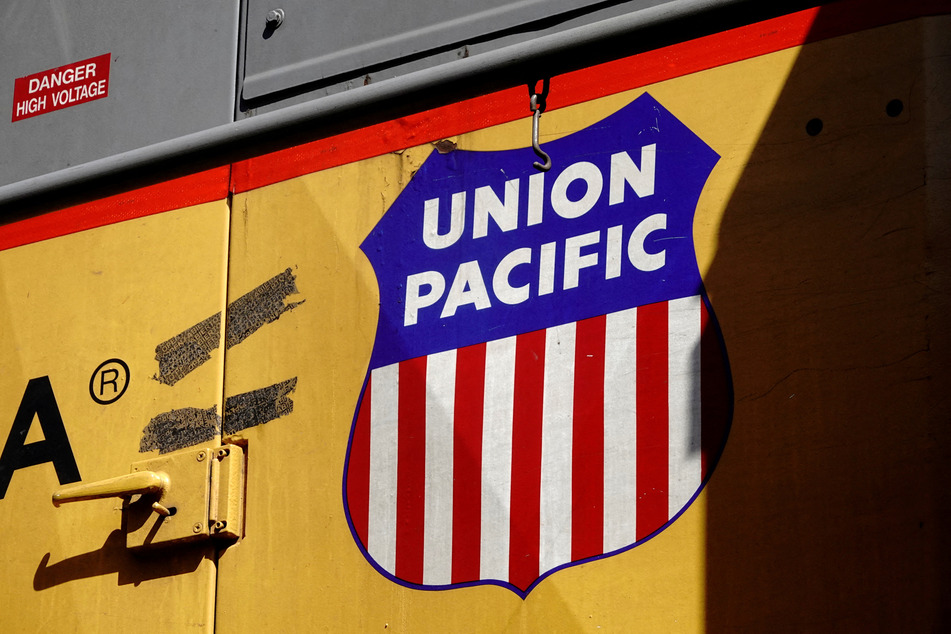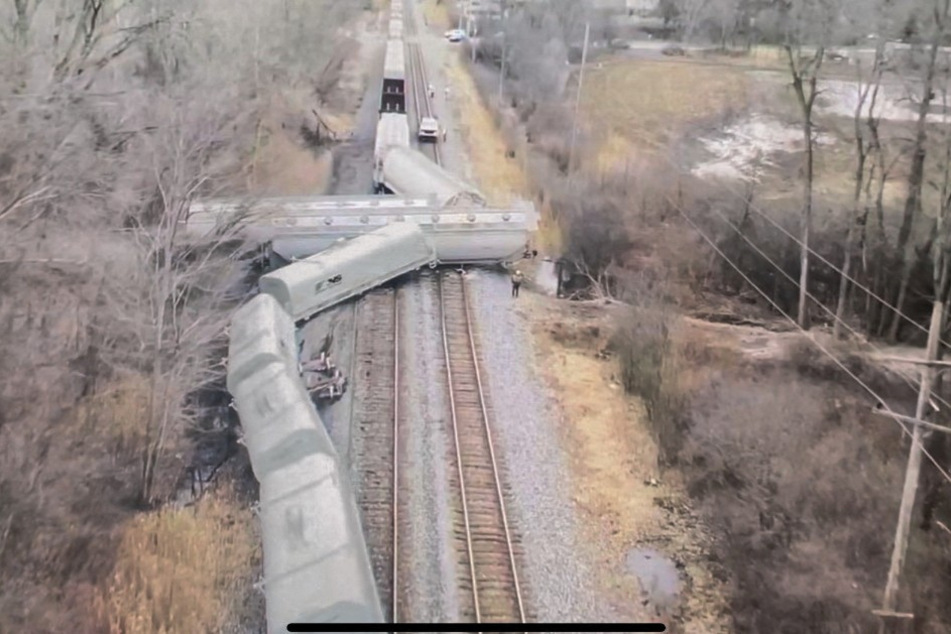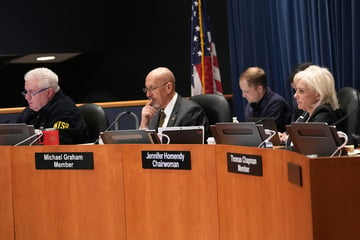Union Pacific train carrying coal derails in Nebraska
Gothenburg, Nebraska - About 31 Union Pacific train cars derailed in Gothenburg, Nebraska, on Tuesday, marking the latest in a string of rail accidents.

The Union Pacific train was carrying coal when more than 30 cars ran off the tracks at around 1:45 AM.
No injuries were reported in the incident, and cleanup has already started, according to Union Pacific. The company said no hazardous materials were on board.
It wasn't the first Union Pacific accident this week. Four more cars derailed in Riverbank, California, at around 3:45 AM on Monday. Once again, the company reported no injuries and hazardous materials.
The Union Pacific derailments come off the heels of a devastating Norfolk Southern train wreck in East Palestine, Ohio, on February 3. The 150-car train contained hazardous materials, including butyl acrylate, vinyl chloride, and more.
The chemicals had to be burned off to prevent a major explosion, but that process also released dangerous toxic fumes. The residents of East Palestine are still reporting negative environmental and health impacts.
The Ohio wreck was followed by another Norfolk Southern derailment in Michigan last week, about 30 miles outside Downtown Detroit. The 30 cars involved were understood to be mostly empty.
Railroad workers have the solutions, but will anyone listen?

The news of the derailments comes as no surprise to railroad workers, many of whom have been sounding the alarm over dangerous conditions on the job for quite some time.
Railroad Workers United (RWU), a cross-union group of rank-and-file rail employees, has called on Transportation Secretary Pete Buttigieg to do more to stop this pattern of destruction.
"There are solutions to reduce the number of derailments. Unfortunately focus has been on extracting wealth from the freight rail system instead of preventative maintenance," RWU Co-Chair Ross Grooters tweeted after the Nebraska derailment, calling for federal legislation to limit train length.
Another of RWU's proposed solutions is to put the railways under public ownership, which would make the US government responsible for maintaining rail infrastructure while giving private companies the option to lease trains and run freight.
Workers have long accused companies of seeking greater profit at the expense of performance and safety.
Cover photo: REUTERS

